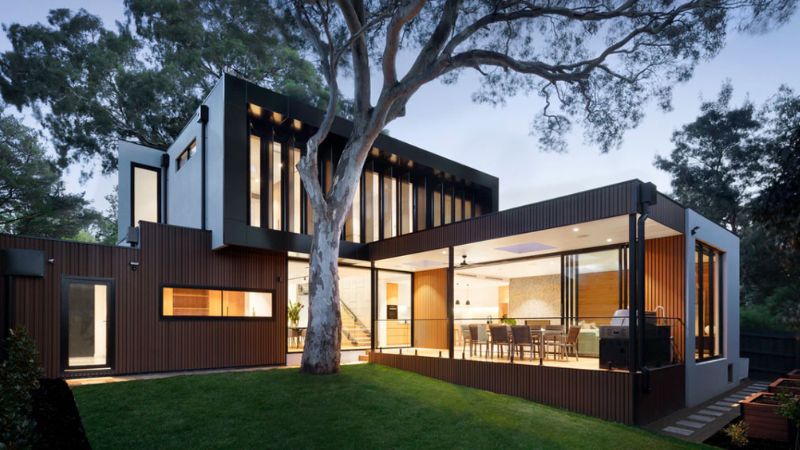The real estate market is evolving as technology transforms living. Smart home features are becoming essential for convenience, efficiency, and connectivity. Modern buyers prioritize energy efficiency, safety, and seamless integration, shaping the future of residential real estate.
The integration of smart home technology has transformed what buyers expect from modern living spaces, making homes more efficient, secure, and convenient. Homebuyers and sellers alike have begun to recognize the lifestyle and property value benefits that come from embracing connected devices and automation. In popular markets, such as those browsing Honolulu HI homes for sale, smart home features are increasingly sought after and can be a deciding factor for discerning buyers. Automated lighting, voice thermostats, and security systems are now essentials for many households. Sellers emphasize these features to attract tech-savvy buyers, and buyers seek homes supporting their fast-paced, connected lifestyles. This trend drives innovation and shapes the future of real estate.
What Drives Demand for Smart Homes?
Consumer surveys show that security, energy efficiency, and ease of use are top reasons for seeking smart home tech. Hybrid work, rising energy costs, and sustainability also shape buyer expectations. People want to monitor, control, and optimize home functions remotely as lifestyles become more dynamic. Modern homebuyers, regardless of age or background, desire reliable automation to simplify routines. They expect smart tech to enhance convenience, such as sharing virtual access and leveraging real-time energy data, to meet practical needs and ensure peace of mind.

Popular Smart Home Features
Smart home adoption is driven by security features like smart cameras, alarm systems, motion sensors, and remote-access locks. Voice assistants like Amazon Alexa, Google Assistant, and Apple HomeKit enhance home automation and convenience by enabling hands-free device control. Smart appliances offer predictive maintenance and tailored automation. Energy-conscious buyers prioritize features like solar panels, smart irrigation systems, and energy-efficient appliances, which benefit the environment and save on utility bills.
Impact on Property Value
Numerous market studies show a positive link between smart upgrades and property value. Listings with integrated home automation tend to sell for higher prices and spend less time on the market. Sellers often recoup their investments due to high buyer demand for tech-friendly properties. These features are now essential, especially for millennial and Gen Z buyers who expect digital technology in their homes.
Security Versus Privacy: Weighing the Balance
Smart homes improve security but raise privacy concerns. Devices collect and store sensitive data, vulnerable to breaches without proper security. Buyers should research privacy policies, change default passwords, and enable two-factor authentication. The FTC’s guide offers tips for securing Wi-Fi and protecting data. Continuous education and managing device permissions are key to enjoying smart home benefits safely.
Smart Home Technology for All Ages
Smart technology isn’t just for tech enthusiasts. For older adults and those with disabilities, features like voice controls, fall detection, and automated lighting enhance independence and safety, helping residents stay autonomous and easing caregiving. Millennials and Gen Z see smart tech as essential, while baby boomers value its accessibility and safety. Real estate pros recognize that inclusive smart solutions broaden a property’s appeal.
Home Automation: Cost Versus Benefit
Upgrading to a smart home involves initial costs for devices, installation, or system setup. These are often offset by energy savings, property value growth, and enhanced comfort. Smart thermostats and efficient lighting reduce utility bills, offering immediate and long-term ROI. Custom features also boost satisfaction, beyond measurable returns.
Future Directions: What’s Next for Smart Homes?
Home automation is evolving with AI, smart sensors, and sustainability. AI systems better understand habits, customize, and predict issues. New sensors monitor air quality and leaks, lowering environmental impact and costs. As technology becomes more intuitive and widespread, homes will self-manage, learn from occupants, and influence future buying and selling priorities.
Conclusion
The rising demand for smart home features is changing the face of real estate, making properties more valuable, comfortable, and secure. Buyers looking at the latest market offerings seek homes that offer cutting-edge amenities, long-term value, and the flexibility to support evolving lifestyles. Considering convenience, privacy, and accessibility allows homeowners to maximize the benefits of smart technology and future-proof their investments as the market continues to evolve.



